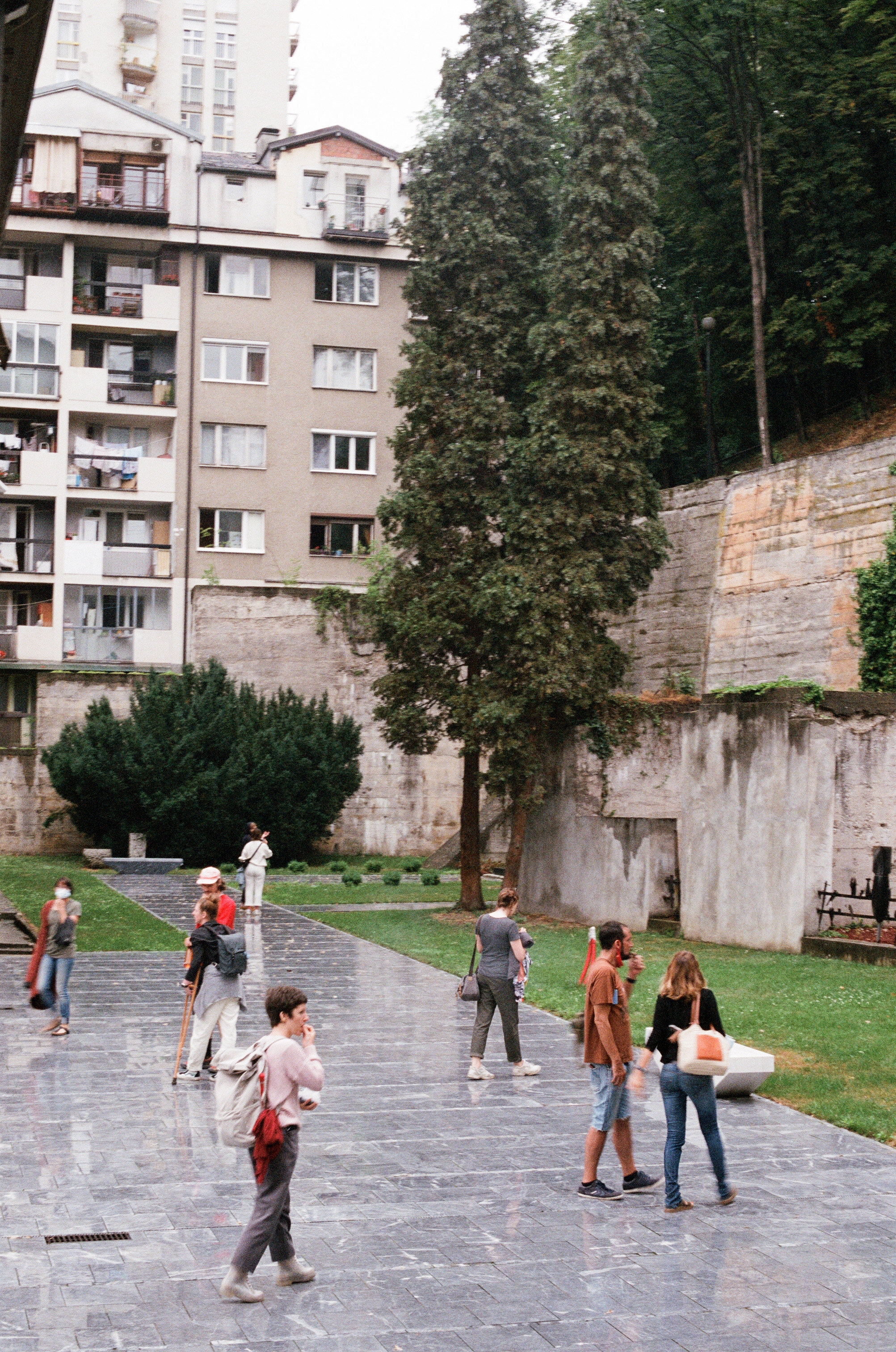INTERVIEW WITH MILOŠ VUČIĆEVIĆ
HOSPITABLE UTOPIA
-by Justina Špeirokaité (Curator at Improper Walls)
The current show at Improper Walls gallery space HOSPITABLE UTOPIA vienna ed. is an adaptation of the group show produced in Užice, Serbia, during the kick-off residency program at the Reflektor gallery.
In 2021 July 17-25, seventeen artists and three curators collectively researched on hospitable utopia concept by participating in field trips in a surrounding area, meeting locals, and understanding the historical and contemporary significance of the old military headquarters where The Užice Visual Artists Association and Reflektor gallery are located.
The artist residency has been initiated by the artist, curator, and founder of the Reflector gallery Miloš Vučićević.
Until earlier this year, the Reflector gallery in Užice, Serbia, has been inviting local and international audiences to the Videopark festival, which would include an international short video screening program and video art exhibitions. So, what inspired you to invite artists and curators from Vienna for a short residency this year?
In the last three years, since the Reflector gallery in Užice was established, we have tried to open up to the international scene, which would give us greater visibility of the gallery space and the programs we develop during the year. This necessity comes from a desire of almost every gallery on the outskirts of some larger centers to become not just some marginalized, dislocated space but the art center of the region. Developing contacts and cooperating with a growing number of organizations from Serbia, but also internationally, working with artists and the development of some future programs, helps us to be present both locally and internationally.Before, the gallery and we as an organization were confronted with the lack of funding in this area. All of our research and residency programs were funded internationally or by the trust of our friends and local companies. Ambition to set up a new program was growing during my stay in Austria for the last two years. Becoming a partner of Improper Walls gallery as well as with the Art & Science Department from Vienna helped me to achieve this plan. So from a personal side, the idea was to invite artists where they can work together on the festival program and develop certain ideas which will help them in their own future research but also trying to build up a network among many association and artist groups.
The residency was no doubt a special experience for all participants; how did you feel about it yourself? Was it something you were expecting?
Having almost 20 artists from different fields of research, desires, expectations, and intentions was a bit scary. So the main goal was to know them better, their art practice, and to explain essential things for the field research when we arrive in Užice. It was a long journey, almost two months before we came there. That was the critical factor that helped me to feel a bit safe. Getting to know each other helped us to create a space of trust. The analogy that came after was an outcome in the form of artistic work. So to answer your question, the decisive thing on which I see or evaluate my expectations was in a quite strong connection with the process of preparing us for the residency.
The concept of hospitable utopia, how did you come up with that, and what were your original thoughts of the meaning of these two words combined together?
The last thing I wanted was to resort to the sweet situation with the virus and to get away from the already established concept that was the basis for initiating a different way of thinking from other galleries in these areas. You know, the reflector gallery is located in Western Serbia, and according to its territorial affiliation, it can be said that it was a place of communication between the countries of the old Yugoslavia. Many historical references went through as a mark trajectory which I often say can be seen on the streets of Užice or the monuments that surround the city. So every new topic we decide on roots from the need to reconnect with other countries in the region, researching historical facts, their understanding of society as a whole, and their analysis.
This year, I chose this topic because the shock that resulted from being locked in our homes, and the disconnection with our neighbors, friends, brought a lot of sadness into our lives. The re-examination of various utopias that took place in this area at the end of the Second World War led me to think about the specificity of space through historical sequences and various events that were an integral part of the local population from this area. The lives that we live in these marginalized areas can be very closely connected with other people who inhabit other areas. We may not share the same spaces, but we certainly live in the same utopias. Hospitable, the name itself was supposed to encourage the authors to think about what it actually means, and from the position of an artist who comes from abroad, in what way he would manage to find ourselves in it, does that utopia exist in which way and does that hospitality still shape some prejudices among locals, in the city or the villages on the slopes of Užice.
On the other hand, as I have already mentioned, the historical and political divisions that had their turmoil decades ago resulted in a civil war. So the idea was to do research in which way does that impacted our lives, hospitality of a new nationalistic ideology we embraced. Maybe the crucial question was: What can we learn from the past? It seems that the history of the Balkans is only reserved for this region, but could it happen somewhere else?
Do we (the participants of the residency), in your perspective, grasped the proposed topic in the expected or unexpected way?
Of course, there were a lot of unexpected results, as well as the expected ones. I knew some artists personally quite well; certainly, some of them delighted me in a very positive way, with a new understanding of their role in society, but also with a unique development of understanding of the place where they came to stay. Some unexpectedly turned the page of practicing art and developed their artwork in another medium, and some accepted the previously developed approach and technique of mastering and perceiving, and only used all their previous knowledge and experience and developed a new artwork that is much more complex from the previous ones.Equally, everyone got a unique experience of staying in Užice, and others brought with them a new spirit of this climate and culture, which may have been quite reminiscent of some previous places they visited.
What is the positive outcome of the residency? And do you have future plans to continue?
A new experience for me but also for the project participants, on the other hand, the result they presented in the form of artistic work, with all their poetic approaches, individual experiences, and aspiration to cooperate with artists from this area, to share opinions, exchanging the contacts and develop new ideas, had a huge impact on the local population, artists from this region, audience and everyone else who had a chance to visit the festival to meet them and see their artwork.
Unfortunately, the situation in Serbia is such that you cannot plan anything in advance, but it all comes down to make ad hoc plans, which as a form of reaction to the situation in society can sometimes fly into oblivion. Perseverance in creating plans and organizing the overall project always comes down to the enthusiasm of individual members and volunteer artists. Strong organizations always have people with experience and a desire to work behind them, but in the end without financial support sometimes results may be lacking. Of course, I will focus on keeping the project alive as much as I can; in addition to dedicated work, a little luck is always needed.
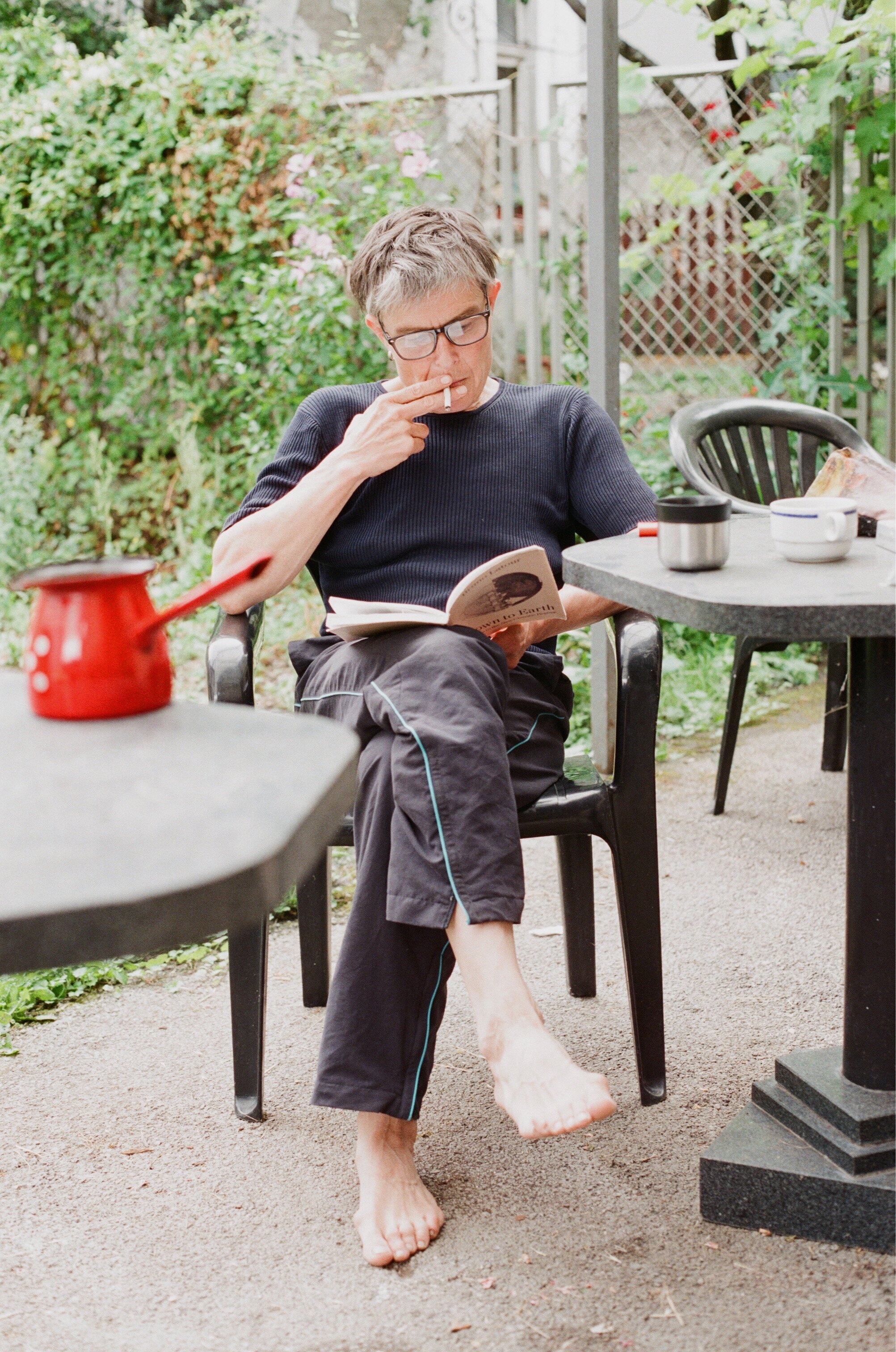
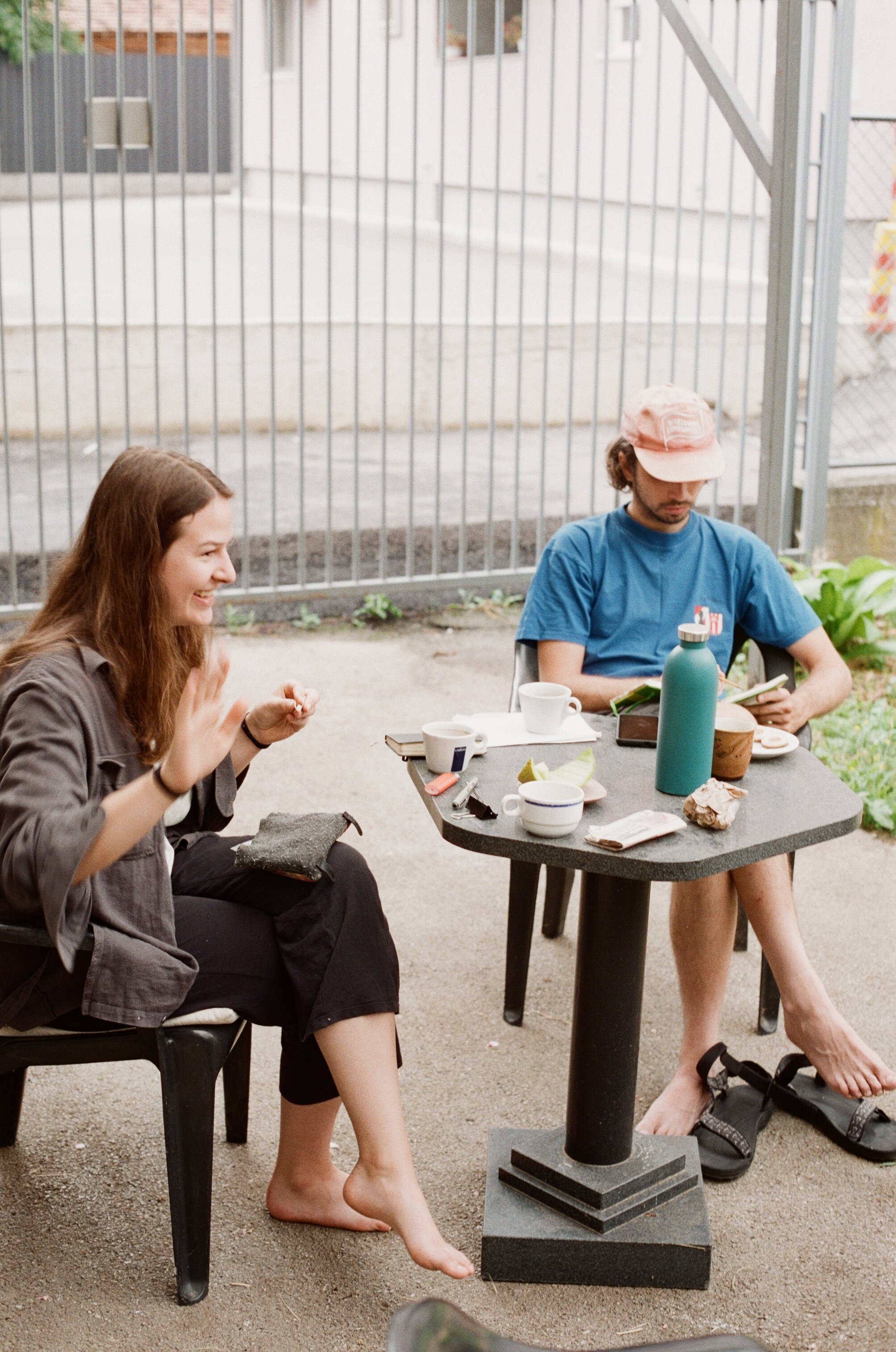
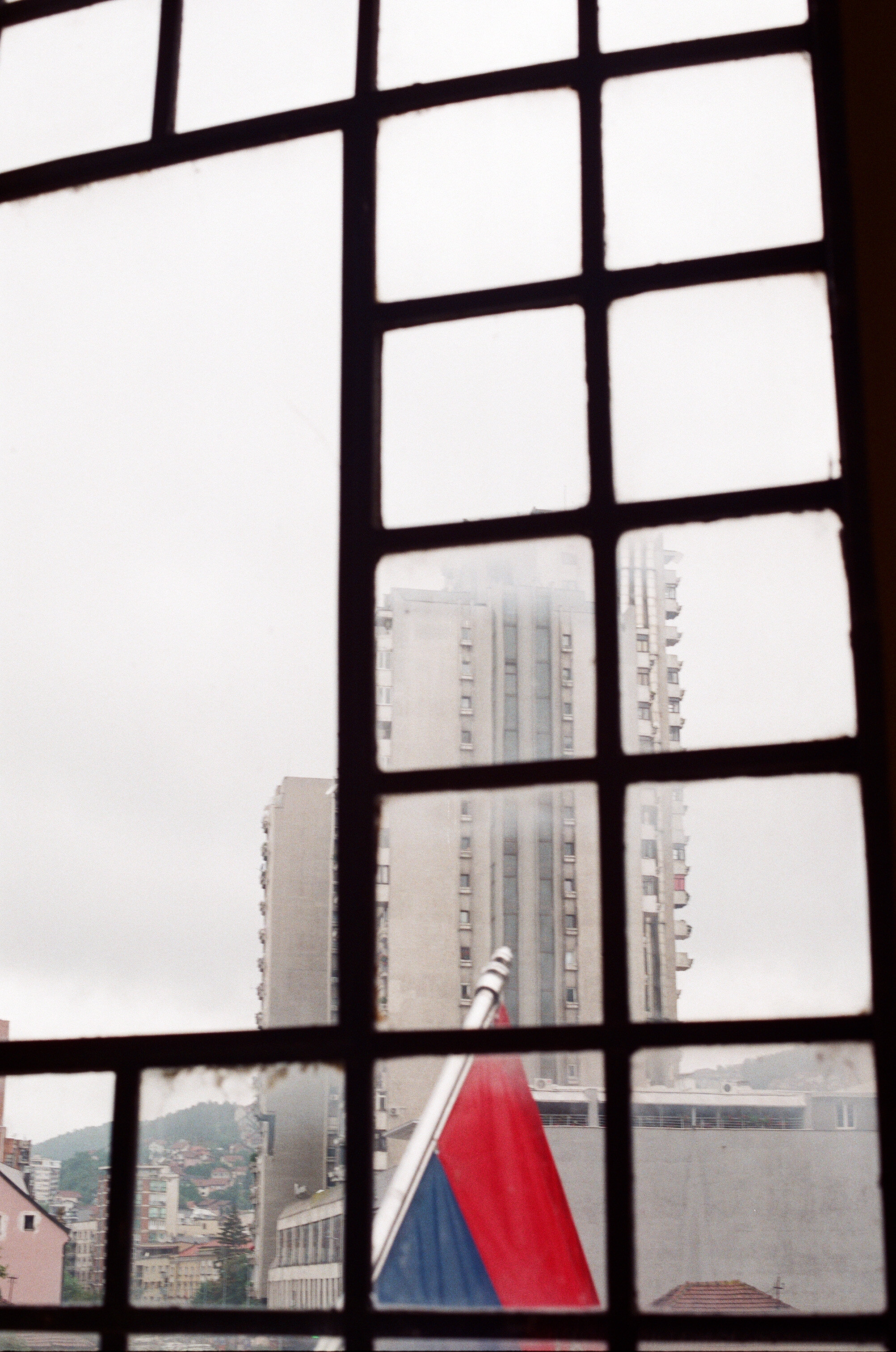
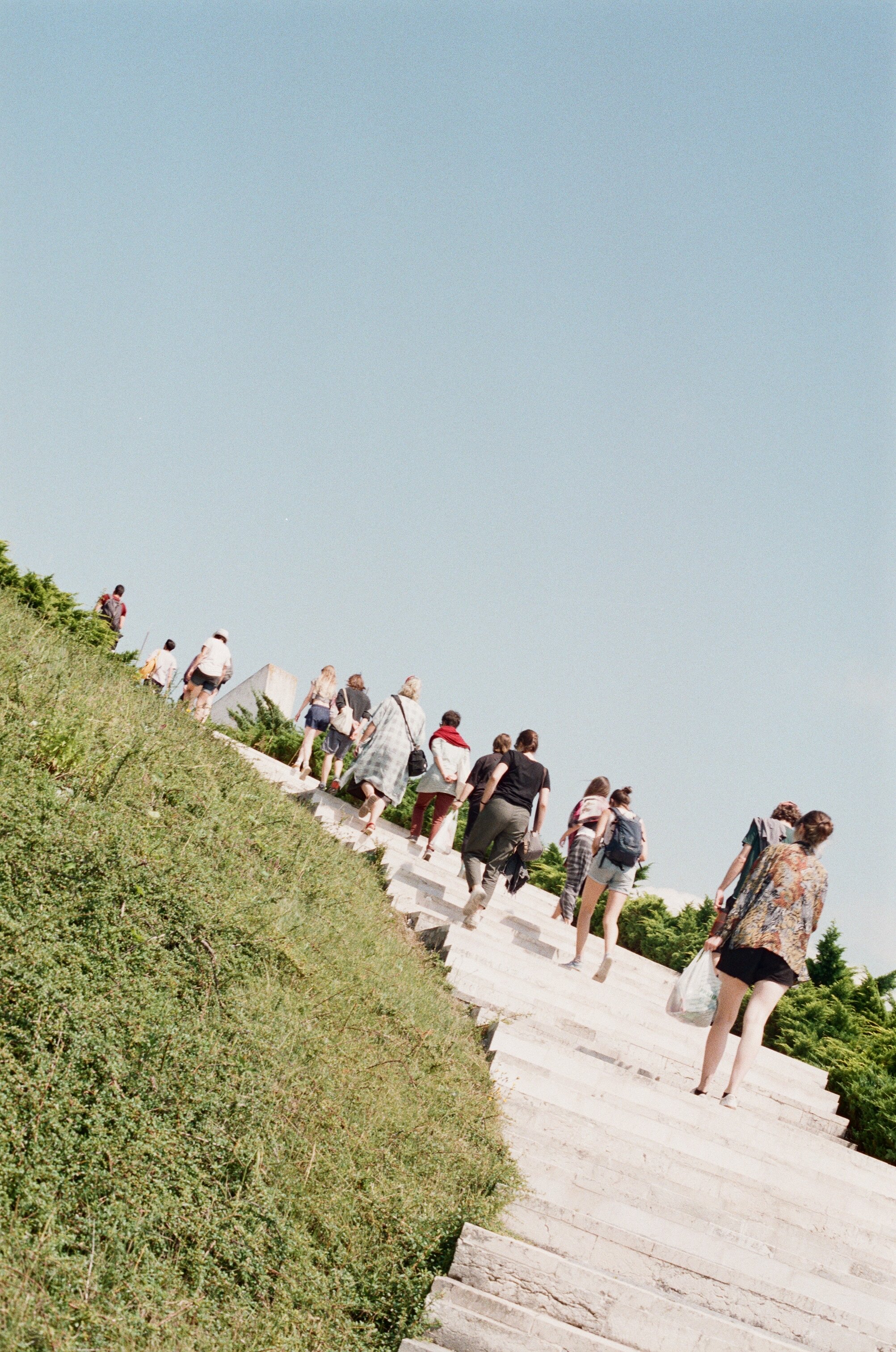
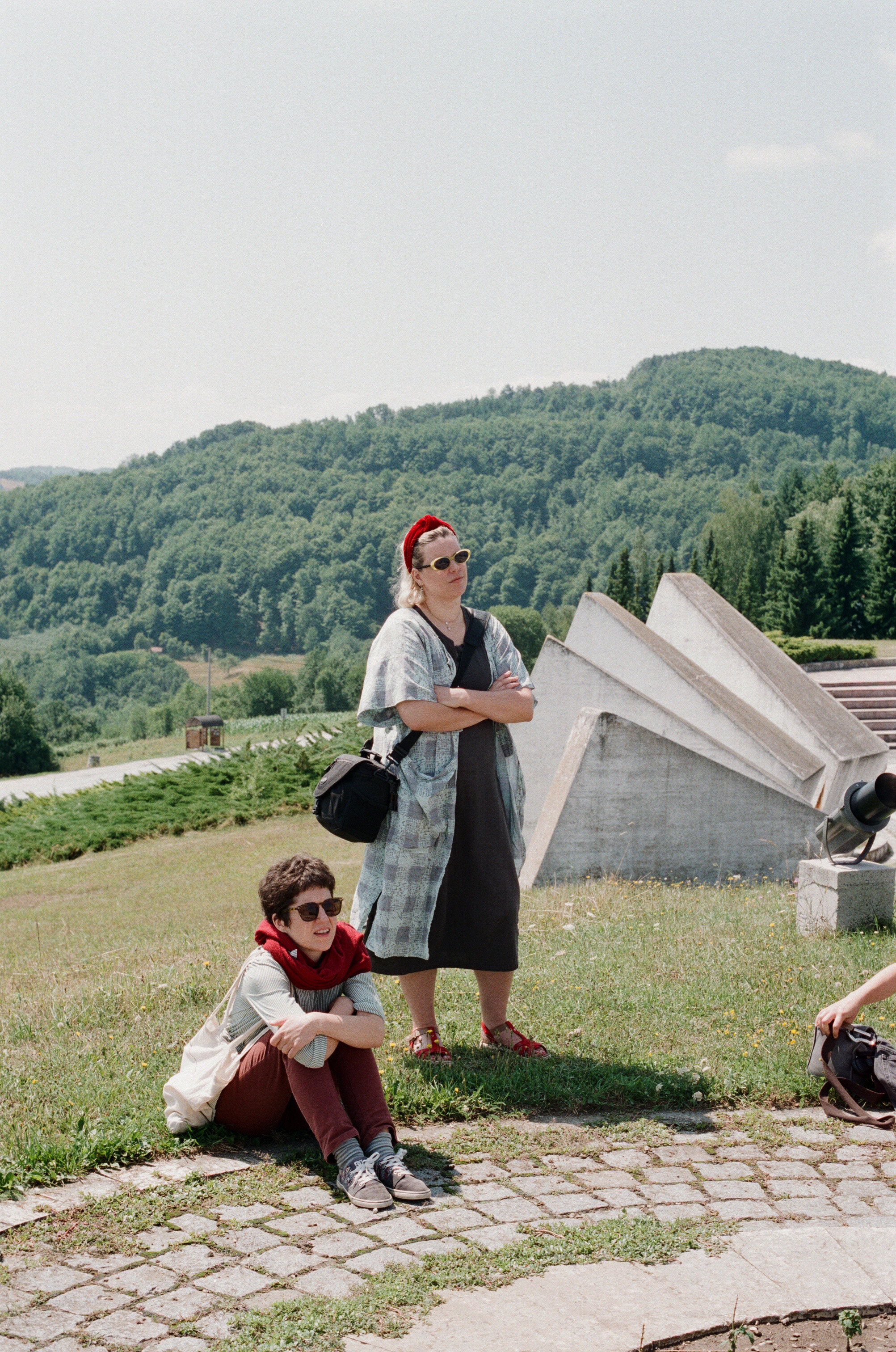
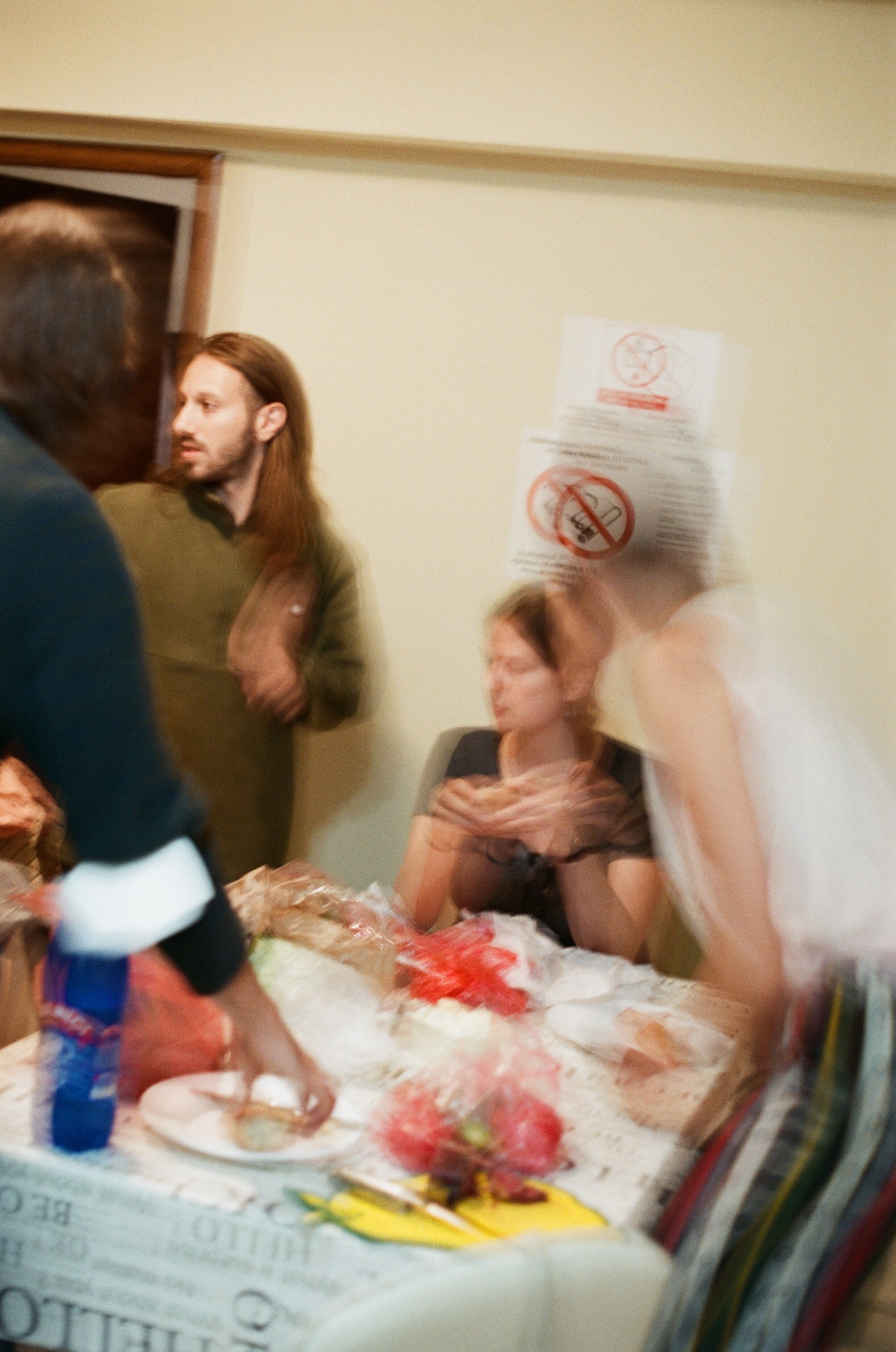
Miloš Vučićević, born in 1991 in Užice, Serbia. One of the founders and Project manager in Gallery Reflektor - Užice, and its Contemporary Art Festival Videopark Coordinator. He researches through different media such as video, performance, installation etc. His artistic approach is predominantly connected with political and social paradigmas that exist in society. He tries to form a concept which has a primary role in his works, and tries to position them as a reflection on everyday life. By researching and examining individual positions as well as collective, its relations and functions, ask questions such as: Who we are, where are we headed for, whom to rely on, what are we.


